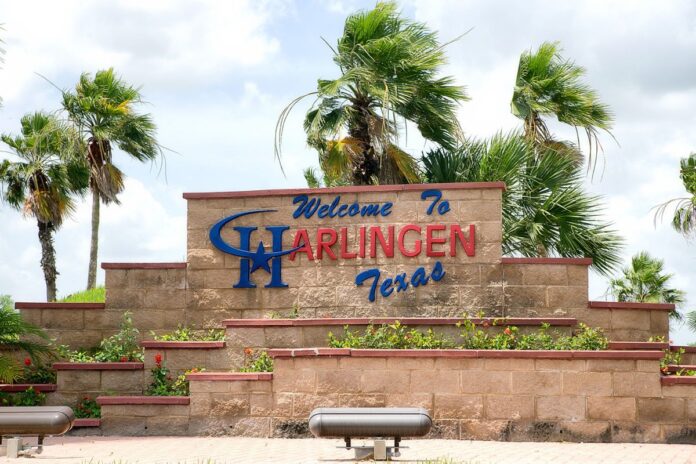HARLINGEN — It’s official — eight acres has been side aside to build the $14.8 million convention center.
Now, the city plans to buy the land.
Last night, city commissioners approved a final subdivision replat which includes the 8-acre site on which will stand the 43,700-square-foot convention center.
The land was subdivided from an 11.25-acre tract lying along Teege and Brazil roads in the Harlingen Heights business district.
The tract’s subdivision includes a 2.2-acre tract on which will sit a 150-room Hilton Garden Inn and a 1-acre site set aside for a restaurant.
As part of an agreement, the city will fund construction of the convention center while San Antonio-based developer BC Lynd Hospitality will build the attached hotel.
Landowner Ezequiel Reyna, a Weslaco developer, will build the restaurant.
The property’s subdivision means the city can complete its purchase of the convention center’s site, City Manager Dan Serna said before the meeting.
In 2013, the city’s independent appraisal gave the site a market value of $1.69 million.
In 2015, negotiations between the city, Reyna and BC Lynd led to a sale price of $2.7 million for the 8-acre site.
The 11.25-acre tract is appraised at $1.66 million, according to the Cameron Appraisal District.
Mayor Chris Boswell has said BC Lynd wanted to build the hotel at the site in the Harlingen Heights business district.
The city will pay for most of the land with $1.96 million from property tax revenue generated through Harlingen’s three tax increment financing reinvestment zones.
Officials have agreed to take $601,312 from Zone 1, $1 million from Zone 2 and $367,162 from Zone 3, where the convention center and hotel will be built.
Pete Smith, a city-contracted tax attorney in Dallas, gave officials a legal opinion stating tax law allows the city to fund the construction project through the three zones because the convention center will benefit the city’s overall economy.
Tax increment reinvestment zones are public financing tools used to fund economic development projects in which properties’ assessed values are frozen based on the theory their values will increase. The increased property taxes collected make up the increment.
The Harlingen Community Improvement Board, which generates a one-eighth cent sales tax to fund quality-of-life projects, will fund the remaining $800,000 of the land purchase.
Officials expect the project to break ground as early as April.




